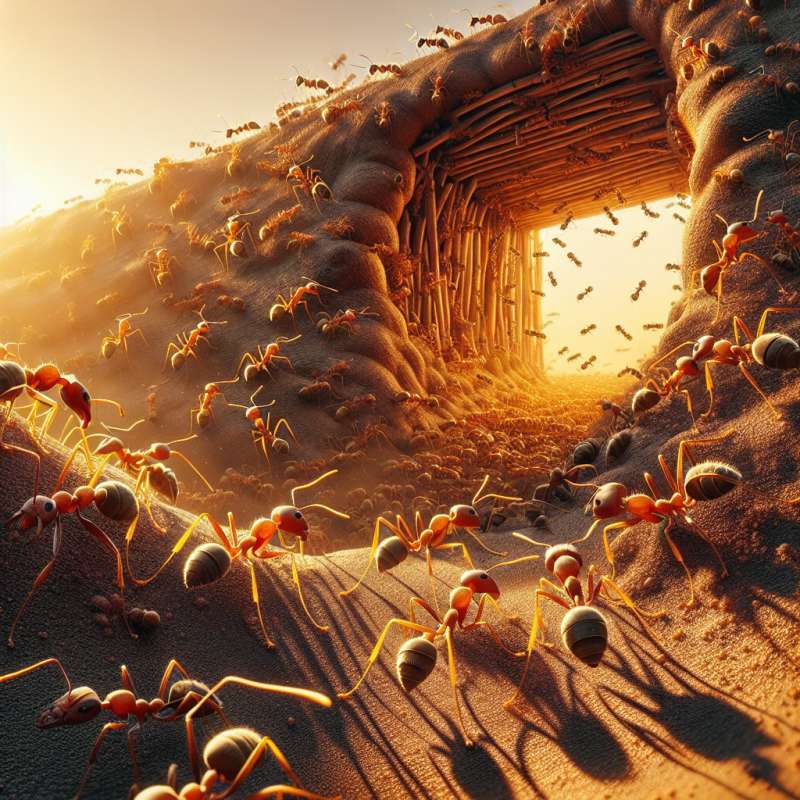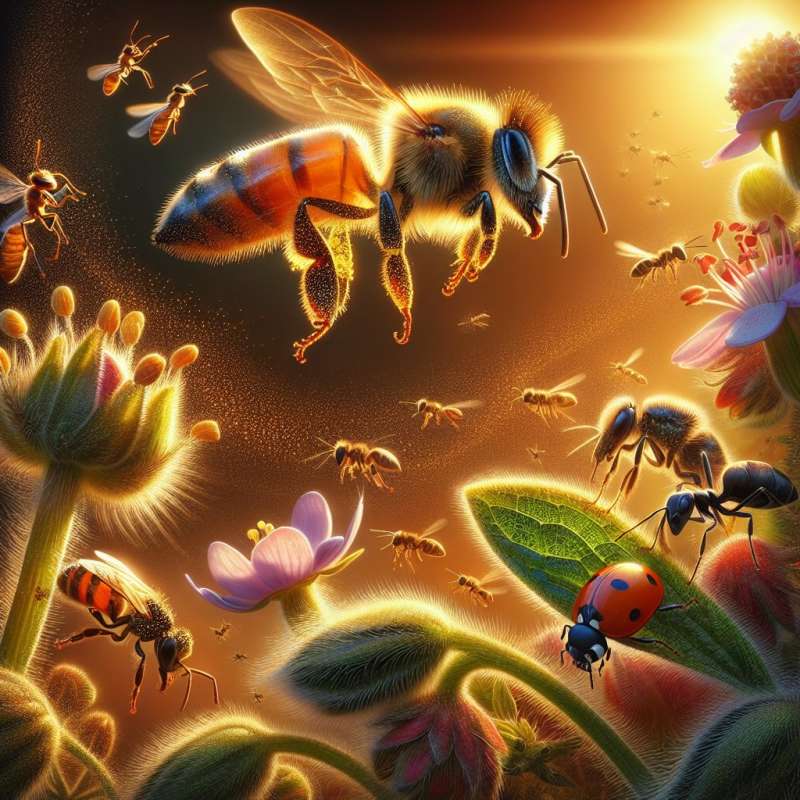
Entomology: Insect Science
Entomology is the zoological study of insects, a branch of arthropodology. This field encompasses the behavior, ecology, genetics, and the role of insects in human life, agriculture, and the natural environment.
Insect Biodiversity Abounds
Insects are the most diverse group of animals on Earth, with over a million described species, representing more than half of all known living organisms. The true number could be several times higher.
Insects' Ancient Origins
The earliest insects appeared in the Devonian period, about 400 million years ago. They were among the first animals to adapt to land, with some even developing flight in the Carboniferous period.
Insect Societies Thrive
Some insects, like ants, bees, and termites, have complex social structures within colonies, featuring division of labor, cooperative brood care, and intricate communication systems, often compared to human societies.
Insect Metamorphosis Mystery
Insect development is fascinating. Many undergo metamorphosis, a process of radical change from a larval stage to an adult. The mechanisms and evolutionary benefits behind such transformations remain areas of active research.
Insects in Ecosystem Services
Insects play critical roles in ecosystems: pollinating plants, decomposing waste, and serving as key food sources for other animals. Their ecological services are invaluable, underpinning many terrestrial food webs.
Entomology's Future Challenges
Entomologists today face challenges like bee colony collapse, insect-borne diseases, and biodiversity loss due to habitat destruction and climate change. They're vital in developing sustainable solutions for agriculture and conservation efforts.Insect Superpowers
The bombardier beetle can eject a boiling chemical spray to deter predators. This unique defense mechanism is a result of a rapid chemical reaction within its body.
What is entomology?
Study of arthropods
Study of insects
Study of ecosystems
Company